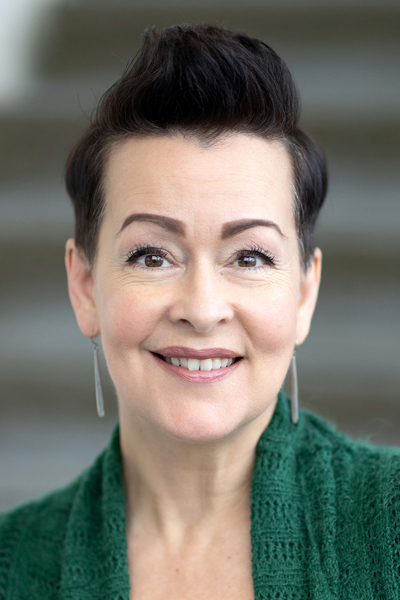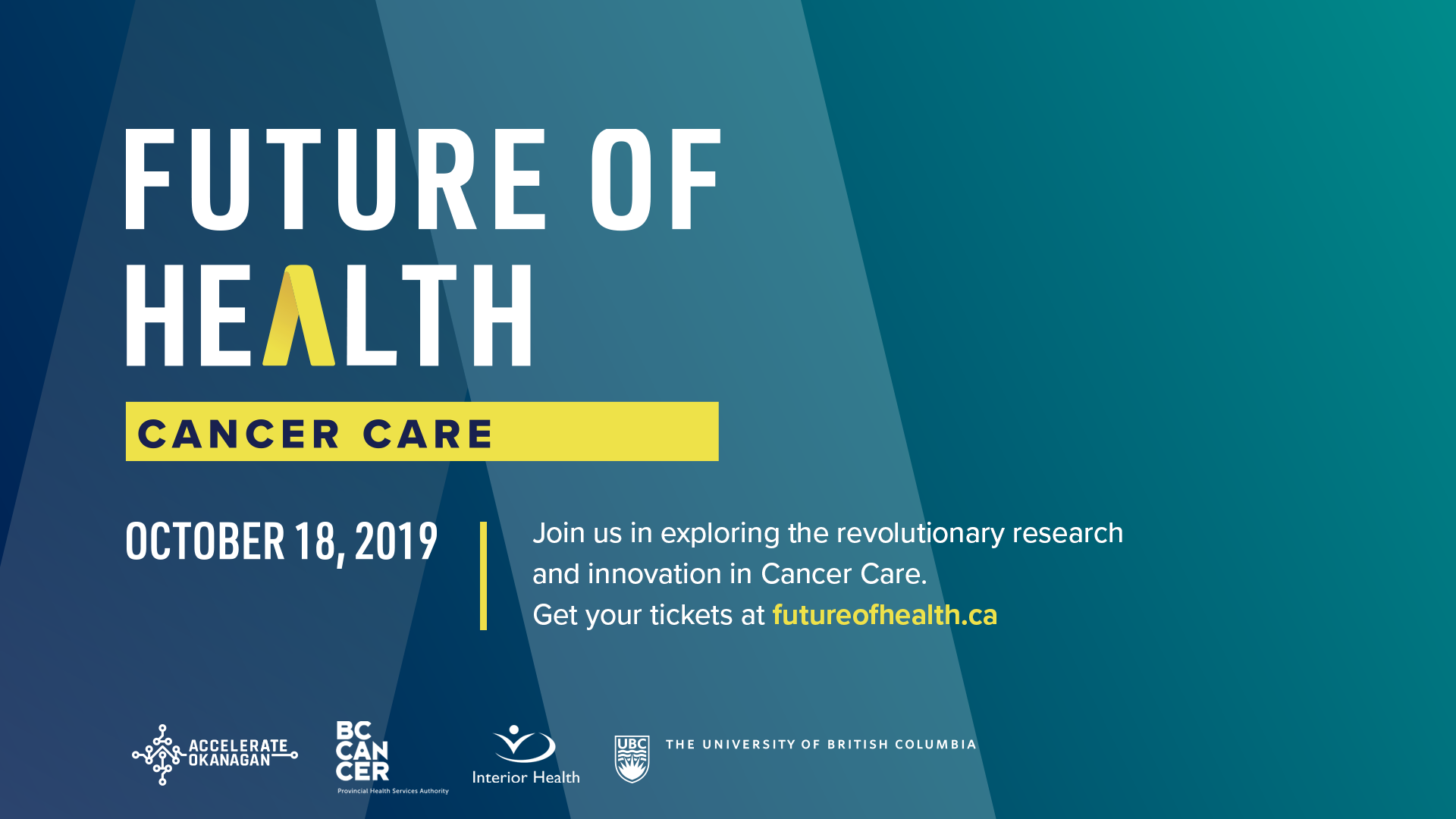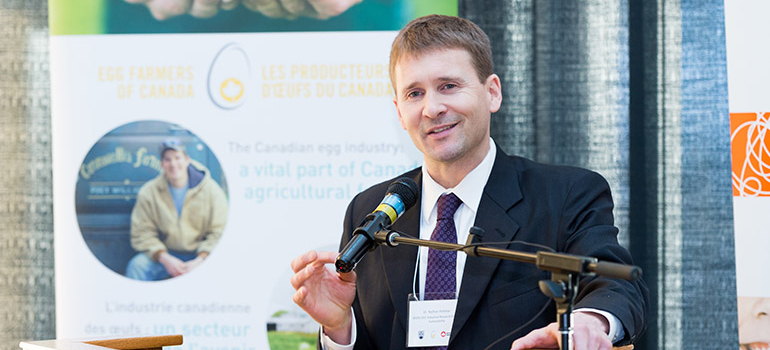The Office of the Vice-Principal, Research and Innovation is pleased to announce the first round of funding for the Critical Research Equipment and Tools (CRET) program.
This annual funding program helps improve the range and quality of our research infrastructure, enables us to keep pace with technology, and provides increased opportunities for student research training.
Stream 1 Awards (<$10,000):
Accelerometers and Data Loggers
Applicant: Christine Voss
These devices are used to measure and record movement for the objective assessment of complex physical activity behaviours and will enable researchers in the Southern Medical Program and the School of Health and Exercise Sciences to gain a better understanding of physical activity behaviours in both clinical and community-based settings.
High-Power Ultrasonic Homogenizer
Applicant: Sunny Li | Co-applicant: Sumi Siddiqua
This tool generates intense sonic shock waves in liquid media to break apart particles and produce a thorough mixing (homogenization) of a sample to support research on: nanofluids used as coolants in electronic devices and systems, and next-generation binder technologies used to stabilize road subgrades.
Rheometer
Applicant: Abbas Milani
This device measures the response of a sample to applied forces to characterize the properties of a wide range of materials, including: low-viscosity liquids (e.g., inks), polymer melts, paste-like materials, gel-like materials, soft solids, and slurries. The characterizations enabled by this instrument are essential to polymer and biomaterial research and are relevant to many industry sectors, including: food, pharmaceuticals, cosmetics, chemicals, and polymer engineering. This instrument will support research programs for faculty members of the Materials and Manufacturing Research Institute (MMRI), the Eminence-funded Cluster of Research Excellence in BioComposites and the Comfort-Optimized Materials for Operational Resilience, Thermal-transport and Survivability (COMFORTS) Micro-Network.
Stream 2 Awards ($10,000 – $100,000):
Acoustic Force Spectroscopy (AFS) Instrument
Applicant: Isaac Li | Co-applicants: Frederic Menard, Susan Murch, Jonathan Little, Mina Hoorfar
This instrument is used for high-throughput characterization of molecular and cellular interactions. It uses ultrasound waves to exert a wide range of force on biomolecules or cells simultaneously to measure their mechanical responses with nanometer precision. It can be used to study inter- and intra-molecular interactions at the single-molecule level, as well as cell adhesive interactions at the single-cell level. This instrument will support 16 faculty members in three Eminence-Funded Clusters of Research Excellence to tackle research projects in biophysics, bioengineering, chemical biology, neurobiology, immunology, plant chemistry, and nanomaterials.
Automated Bilateral Limb Blood Flow Measurement System
Applicant: Glen Foster | Co-applicants: Christopher West, Neil Eves
The instrument will enable researchers in the Centre for Heart, Lung and Vascular Health to investigate novel mechanisms and interventions in people with sleep apnea, spinal cord injury and respiratory disease to generate new approaches to improve respiratory and cardiovascular health.
Multi-Cell Temperature-Controlled UV-Visible Spectrophotometer
Applicant: Mina Hoorfar | Co-applicants: Isaac Li, Sepideh Pakpour
This optical instrument measures the intensity of light absorbed by a sample and will enable researchers in chemistry, microbiology and engineering to determine the size, shape and stability of nanoparticles to: understand the interactions between cells, run accurate DNA and protein quantifications on a large number of samples in a single experiment, and conduct multiple enzymatic reaction measurements at different temperatures at once. The equipment will advance interdisciplinary research studies and industry-partnered projects in wastewater sensing, molecular force sensing, and disease biomarker identification.
RespirAct
Applicant: Ali McManus | Co-applicant: Phil Ainslie
This is the only commercially available and FDA-approved gas control device that can precisely target final exhaled respiratory gases to address how brain blood flow responds to excessive sedentary behaviours during childhood. This interdisciplinary research initiative involves researchers from the Centre for Heart, Lung and Vascular Health and the Southern Medical Program, and is being developed as a Digital Wellness Initiative in collaboration with the Central Okanagan School District and the Stober Foundation. This instrument will enable researchers to study: the potential impacts of excessive sitting, and the impact of growing up in an increasingly digital world on the developing brain.
TapeStation System
Applicant: Mike Russello | Co-applicants: Michael Deyholos, Sepideh Pakpour, Miranda Hart, Soheil Mahmoud
This instrument provides high-resolution and economical quality control within the next-generation DNA sequencing workflow, allowing identification of problems with individual samples before they are moved to the more costly DNA sequencing step. The instrument will be used by researchers in the Department of Biology and the School of Engineering to support genome assembly, genotyping, metagenomics, and transcriptomics studies with applications in molecular ecology, conservation genetics, population genetics and plant genetics.
X-Ray Diffraction (XRD) System
Applicant: Alex Uhl | Co-applicants: Mohammad Arjmand, Lukas Bichler, Jian Liu and Sumi Siddiqua
The XRD system allows non-destructive characterization of thin films or powders to identify the crystallinity, phase purity, stress, and chemical coordination within a material. This instrument will support research and training in materials science, enabling researchers in the Departments of Biology and Chemistry and the School of Engineering to further explore interest areas such as solar fuels, nanomaterials, aluminum alloys, new-generation battery technologies, geotechnics, and others.









